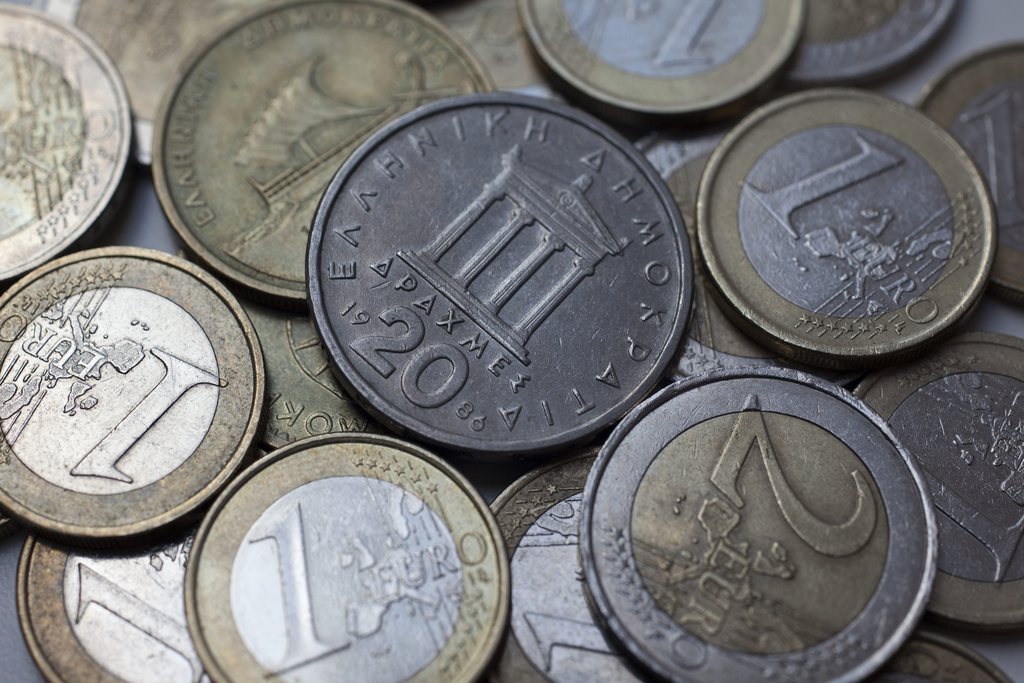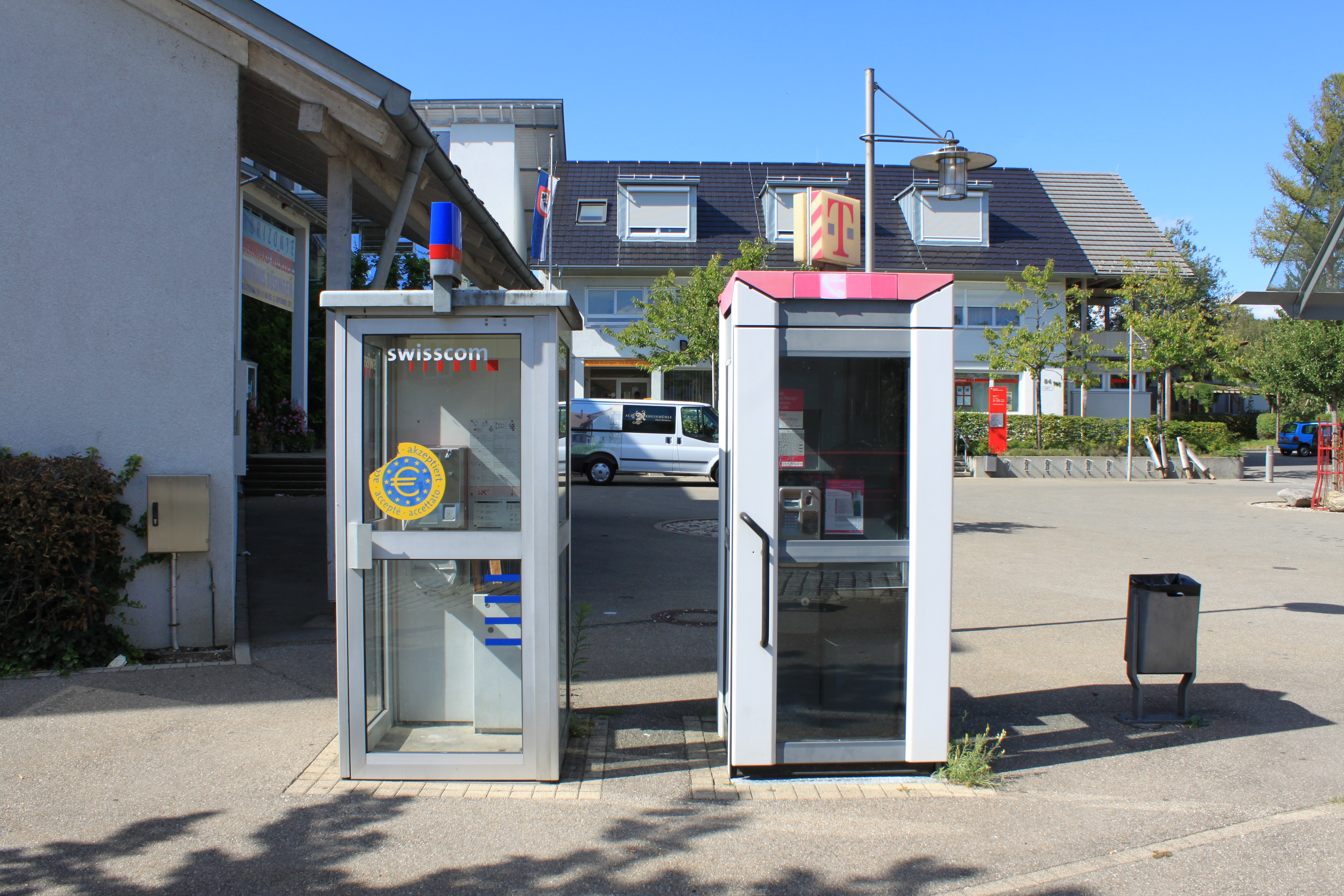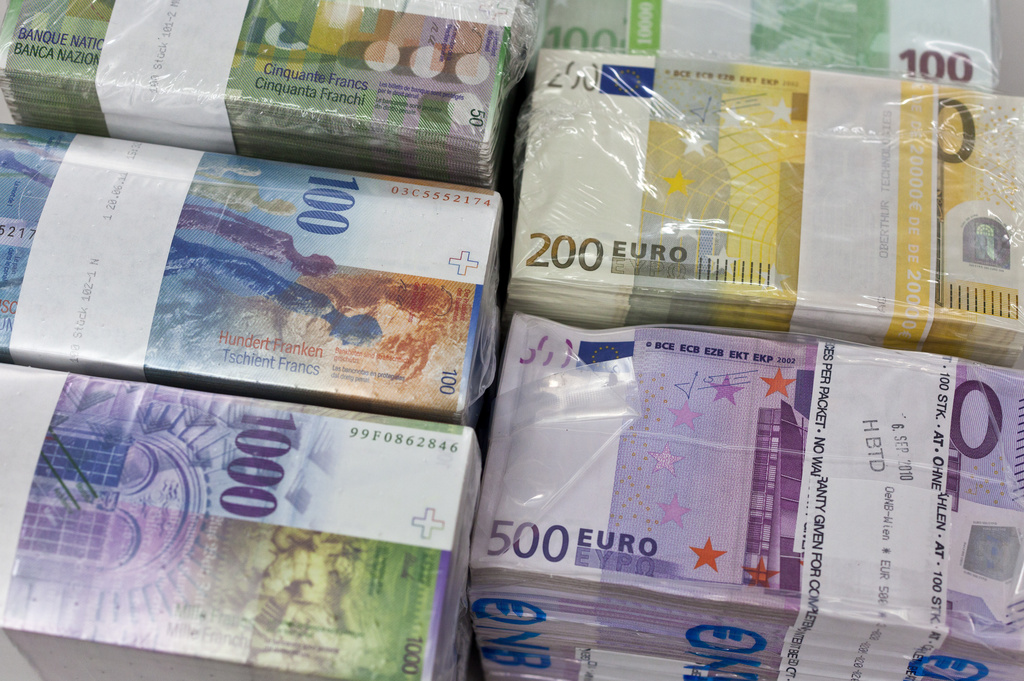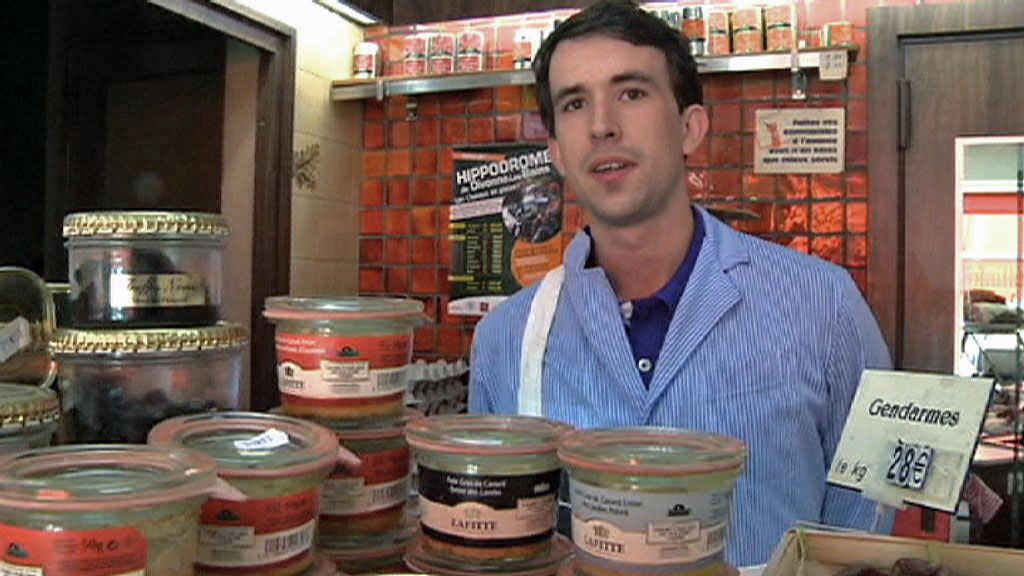SNB reviews measures in case of eurozone break-up

Thomas Jordan, president of the Swiss National Bank (SNB), does not believe the eurozone will collapse. Nevertheless, a task force is reviewing measures, such as capital controls, in the event countries do leave the monetary union.
Jordan told the SonntagsZeitung newspaper it was a question of taking precautions that would directly influence the inflow of capital into Switzerland.
The government task force, of which Jordan is a member, focuses on various tools to combat the strong franc. In September 2011, the SNB set a minimum limit of SFr1.20 per euro.
Jordan said the SNB would defend the minimum limit and stick to the low interest rate policy.
“It is far too early to talk of a normalisation or of an exit,” he said. “In the foreseeable future, maintaining the minimum price is the monetary policy that we’ll pursue with absolute resolve.”
Greek exit?
Concerns that Europe lacks a concrete plan to keep Greece in the currency union pushed markets lower on Friday, with the euro nearing a 22-month low.
The likelihood of Greece leaving the 17-country euro currency union has been growing steadily since early May, when political parties opposed to the terms of the country’s financial rescue made huge gains in an otherwise inconclusive election.
A new ballot planned for next month could see the anti-bailout political parties gain power, which would raise the likelihood of the country leaving the euro.
European leaders say they want Greece to stay in the euro, but have so far shown no willingness to compromise on its austerity terms.
They have also approved no new measures to boost economic growth or stabilise confidence in the banking sector.
The uncertainty of a Greek exit from the euro will hang over European markets at least until the elections on June 17. Investors fear that in the meantime markets could continue to deteriorate, making any solutions next month too little too late.
It is the official currency of the euro zone. The euro zone consists of Austria, Belgium, Cyprus, Estonia, Finland, France, Germany, Greece, Ireland, Italy, Luxembourg, Malta, the Netherlands, Portugal, Slovakia, Slovenia and Spain.
It is also used in five other European countries: Andorra, Monaco, Montenegro, San Marino and the Vatican City.
It is the second largest reserve currency and the second most traded currency in the world after the US dollar.

In compliance with the JTI standards
More: SWI swissinfo.ch certified by the Journalism Trust Initiative




You can find an overview of ongoing debates with our journalists here. Please join us!
If you want to start a conversation about a topic raised in this article or want to report factual errors, email us at english@swissinfo.ch.